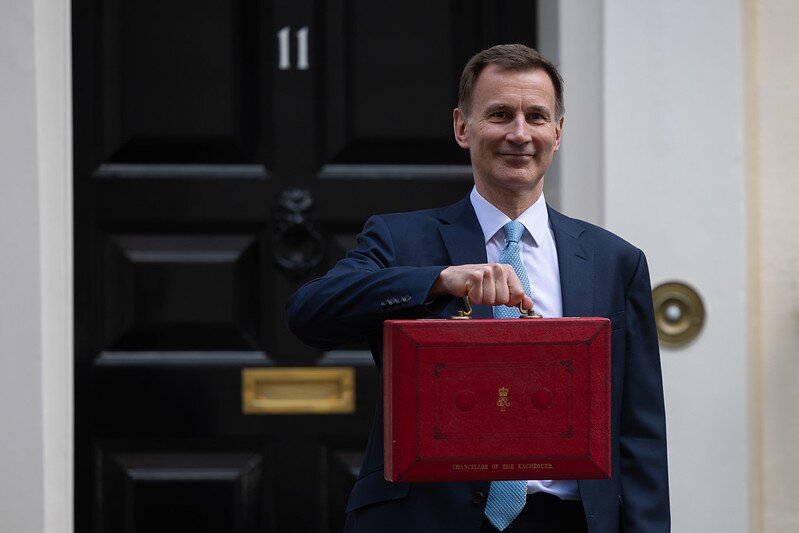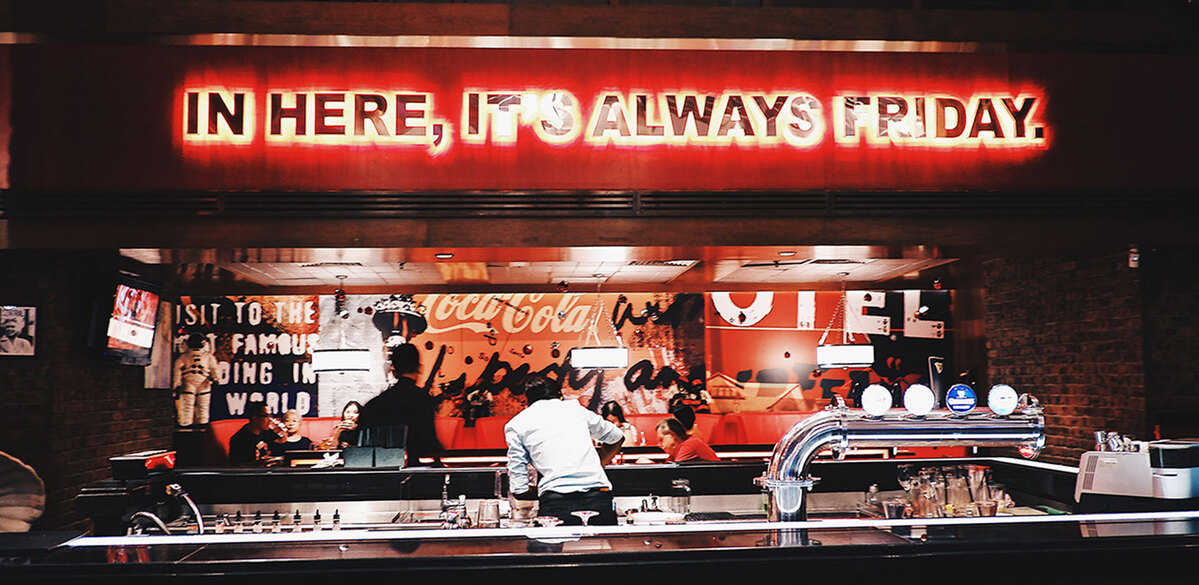Budget 2024: key points for hospitality at a glance
The hospitality industry has been left disappointed by this year’s Budget, which failed to deliver the hoped-for cut in VAT.
Chancellor Jeremy Hunt has set out his tax and spending plans in what is expected to be the last Budget before the next general election.
Here are some of the key announcements:
Alcohol duty
The freeze on alcohol duty, which had been due to end in August, will continue until February 2025. Hunt said the tax would otherwise rise by 3% and claimed the move would benefit 38,000 pubs across the UK.
“We value our hospitality industry and are backing the great British pub,” he said.
However, the British Institute of Innkeeping (BII) warned the freeze would not be enough to help struggling landlords, who had seen “huge inflation in every area of their business”.
VAT threshold
The amount small businesses can earn before they must register to pay VAT will rise from £85,000 to £90,000 from April, the first time the rate has increased in the past seven years.
Hunt said the move would mean tens of thousands of businesses would no longer have to pay VAT.
UKHospitality chief executive Kate Nicholls tweeted that the increase “may help some micro businesses or highly seasonal independents” but said a reduction in the headline rate of VAT would have done more to unlock growth.
Holiday lets
Tax relief for properties let out as furnished holiday homes will be scrapped from April 2025.
The move is designed to clamp down on Airbnb-style lets and make it easier for local people to find homes in their local community.
“Closing tax loopholes on furnished holiday lettings will level the playing field between traditional self-catering businesses – which are regulated and taxed – and other short term lets,” Nicholls wrote on X.
Air passenger duty
The chancellor announced an increase in air fares for business-class travellers in a bid to raise revenue for the Treasury.
Air passenger duty on business-class travel is set to rise in a move expected to provoke a backlash from airlines. The tax is charged at different levels, with a reduced rate for economy travellers and a higher rate for private jets.
National Insurance
The headline announcement was that National Insurance will be cut by two percentage points from 6 April, meaning the tax will drop from 10% to 8% for employees and from 8% to 6% for the self-employed.
Hunt said the average employee will end up with an extra £450 in their pocket over a year.
What was missing?
There was no reduction in the 20% headline rate of hospitality and tourism VAT, despite a long-running campaign from trade bodies and business owners.
The issue has also gained support in Parliament, and more than 40 MPs signed a letter to the chancellor calling for greater support for hospitality last month.
The chancellor also failed to reintroduce the VAT rebate for international tourists, despite hoteliers and travel industry bosses warning the decision to end the scheme had discouraged travellers from visiting the UK.
The Treasury withdrew from the VAT retail export scheme in January 2021 following Brexit. This means tourists from non-EU countries are no longer eligible for a refund on sales tax, which they would have paid over the course of their stay.
There was also no redress of planned controversial changes to the way wine is taxed, which are due to come into force in February 2025. This will see one rate of duty replaced by up to 30 different payable amounts from £2.45-£3.10 per bottle.
Send your reactions to the Budget to sophie.witts@thecaterer.com

















